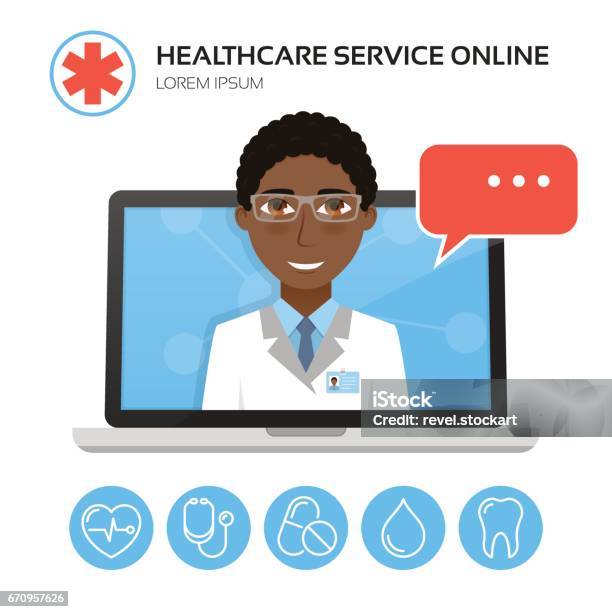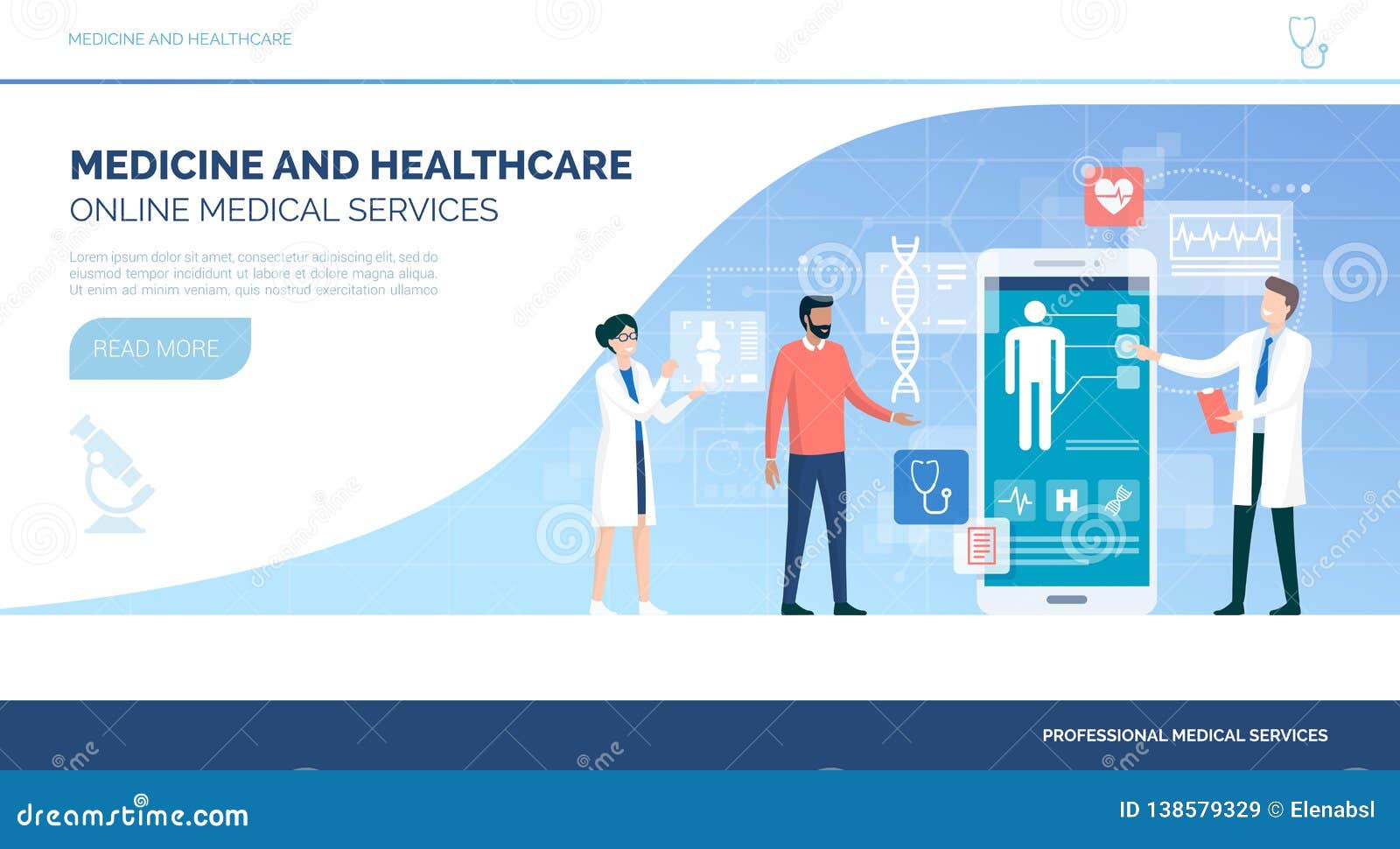How Subscription Based Healthcare is Reinventing Patient Accessibility to Services
The Surge of Subscription-Based Health Care and Its Influence On Client Care
As medical care progresses, the subscription-based version is obtaining grip, guaranteeing to transform client care by supplying predictability and access. The possibility for these designs to reshape medical care shipment raises pushing concerns regarding their long-term sustainability and inclusivity. Are these registration services the future of health care, or do they run the risk of leaving prone populaces behind?
Comprehending Registration Medical Care Models
Understanding the principle of subscription health care versions includes checking out a transformative method to medical services that highlights cost and accessibility. These models, frequently referred to as straight medical care (DPC) or attendant medicine, have actually emerged as cutting-edge options to conventional fee-for-service health care systems. Registration health care enables individuals to pay a fixed regular monthly or yearly charge for a defined collection of clinical solutions, which might include unrestricted workplace sees, regular examinations, and standard laboratory examinations, without the need for standard insurance coverage billing.
The structure of membership medical care designs is created to simplify person treatment by eliminating third-party payers and intricate billing codes, thus minimizing management problems. Doctor can focus extra on person care, cultivating more powerful patient-provider connections. This model additionally advertises preventative treatment by encouraging regular gos to, as the monetary barrier of per-visit fees is removed.
The subscription design frequently equips doctor to take care of smaller patient panels, permitting for more individualized care. It lines up economic incentives with person health outcomes, as providers are motivated to keep individual fulfillment and wellness. On the whole, comprehending registration medical care designs calls for recognizing their prospective to reshape how care is provided and accessed.
Benefits for Clients and Service Providers

With a stable revenue stream, medical care experts can dedicate more time to each patient, leading to a much more thorough and tailored care experience. The emphasis on preventive treatment within registration plans can lead to much better patient results and decreased lasting healthcare expenses.
Concerns and difficulties
While subscription-based medical care versions present many advantages, they also feature a set of difficulties and problems that should be resolved. First, access remains a considerable issue, as these designs often target individuals who can manage monthly charges, possibly leaving out low-income populaces. This raises honest inquiries about equitable access to health weblink care services. Furthermore, the varied nature of membership plans can lead to confusion among clients regarding coverage specifics, possibly causing unmet assumptions or insufficient treatment.
Financial sustainability of subscription-based versions is an additional worry. Service providers should balance the set revenue from memberships with the variable expenses of healthcare solutions, which might vary due to unforeseen medical demands. This can produce pressure to restrict services or rise fees, potentially influencing client contentment and care high quality.
Moreover, regulatory oversight of subscription-based medical care designs is still developing. The absence of standard frameworks can lead to irregular solution high quality and accountability, making complex efforts to ensure person security. The assimilation of technology-- usually a cornerstone of these versions-- raises concerns concerning data personal privacy and security, as sensitive individual details could be at risk to breaches. Dealing with these difficulties is crucial for the equitable and successful execution of subscription-based health care.
Effect On Patient-Doctor Relationships
One substantial impact of subscription-based healthcare designs on patient-doctor connections is the capacity for improved continuity and customized treatment. By embracing a registration version, medical professionals can manage a smaller patient panel, allowing for more dedicated time with each person. This increased availability fosters a much deeper understanding of a patient's clinical background, way of living, and choices, allowing extra customized therapy plans and interventions.

Nevertheless, it is crucial to acknowledge that while subscription-based models might benefit those that can manage them, they could inadvertently expand health care disparities. People who are unable to join these designs might experience lower access to personalized treatment, potentially influencing their connections with medical care suppliers. Thus, while the registration design offers appealing advantages for patient-doctor connections, it likewise presents obstacles that require to be resolved to make sure equitable health care access.
Future of Health Care Access

The duty of innovation can not be ignored in this makeover. Telemedicine systems and digital wellness documents facilitate seamless communication between clients and doctor, damaging down geographical and logistical barriers. Additionally, advancements in synthetic intelligence and data analytics can further personalize medical treatment by forecasting person demands and maximizing therapy plans.
However, the future of healthcare access additionally offers obstacles, such as making sure equity across different socio-economic teams. Policymakers and medical care suppliers have to work together to connect the digital divide, ensuring that subscription-based versions stay inclusive and budget friendly. As these systems grow, they hold the promise of making medical care more available, reliable, and patient-centric.
Verdict
Subscription-based healthcare models are reshaping individual treatment by supplying a secure price framework and boosting accessibility. The rise of subscription-based healthcare encourages positive client involvement, which has the possible to improve individual end results and contentment, signaling a transformative shift in medical care delivery.
As medical care advances, the subscription-based version is obtaining grip, guaranteeing to reinvent individual treatment by providing predictability and availability.Subscription-based health care designs provide distinct advantages for both patients and service providers, enhancing the about his overall medical care experience.As medical care systems progress, the future of health care access regularly pivots on the combination of innovative versions and modern technologies.Subscription-based health care models are improving individual care by providing a secure expense structure and boosting ease of access. The rise of subscription-based medical care motivates proactive person interaction, which has the potential to enhance client outcomes and fulfillment, indicating a transformative change in healthcare distribution.